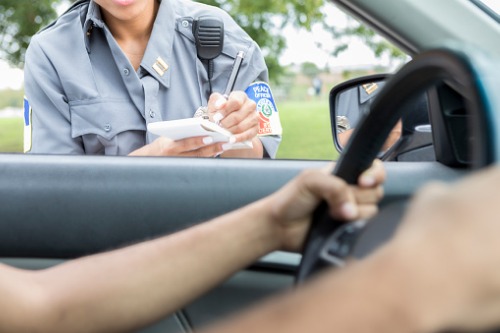

With Ontario being the latest to join a growing list of provinces and territories approving the use of digital proofs of auto insurance, experts are warning that the new system could lead to privacy issues.
In an announcement last week, Finance Minister Rod Phillips spoke of the convenience afforded by digital proofs of auto insurance, which are also known as eSlips.
“We’ve all had enough paper in our lives, at least me, for one, I have experienced rummaging through the glove box, looking for that little pink slip,” Phillips mentioned. “Well, as of today, your rummaging days are over if you choose this electronic option.”
Despite the accessibility eSlips enable, security regulators are concerned that their use could lead to privacy concerns.
“Handing your unlocked phone to a police officer raises a number of issues,” explained Global Privacy and Security by Design Centre executive director Ann Cavoukian to CBC News in an interview.
According to Cavoukian, phones are not just phones any more – they can contain massive amounts of personal information that owners may not want to share with others.
Brenda McPhail, director of the privacy, technology and surveillance project at the Canadian Civil Liberties Association, also pointed out that Ontario is too focused on the convenience of eSlips to notice the deeper implications.
“We have to be careful that this isn’t yet another occasion where we’re being asked to hand over our privacy for the sake of supposed convenience,” McPhail said.
McPhail added that, at the very least, the use of digital proofs should be purely optional.
A recent bulletin from the new provincial regulator, the Financial Services Regulatory Authority of Ontario, read that electronic insurance cards in Ontario must be able to be viewed on a phone using “lock screen capability.”
“That is, the card must be capable of being ‘locked,’ either by design or by the policyholder activating the function and changing settings on their electronic mobile device if required,” the regulator’s bulletin read.
The regulator added that lock screen capability is an important privacy protection feature that is necessary to make sure homeowners can reduce the risk of privacy intrusions when others are viewing their electronic insurance documents.
